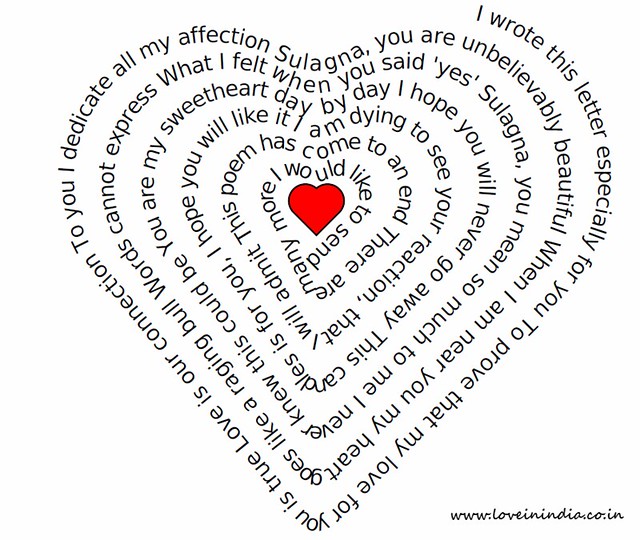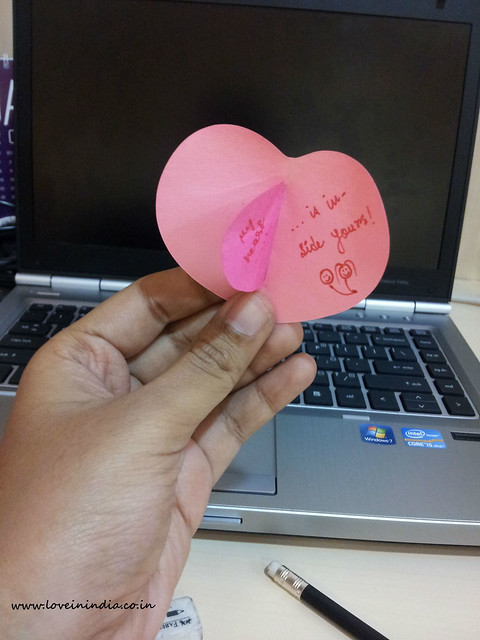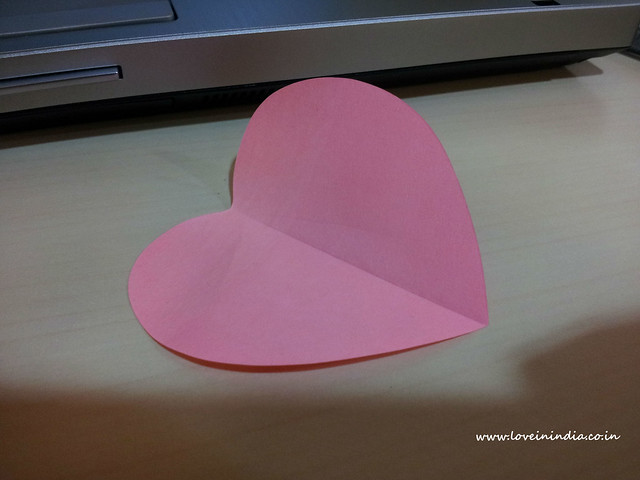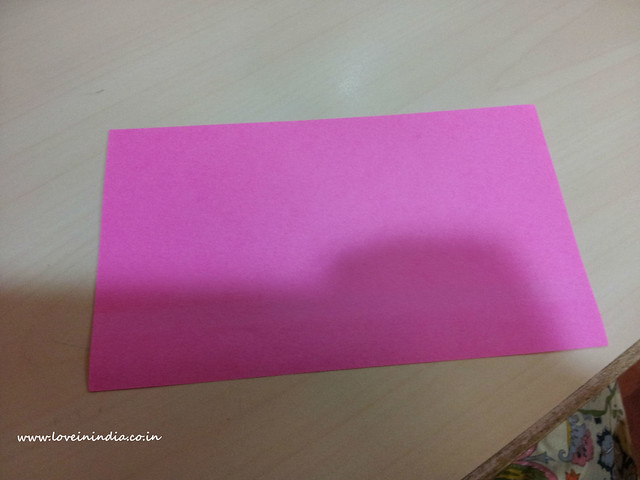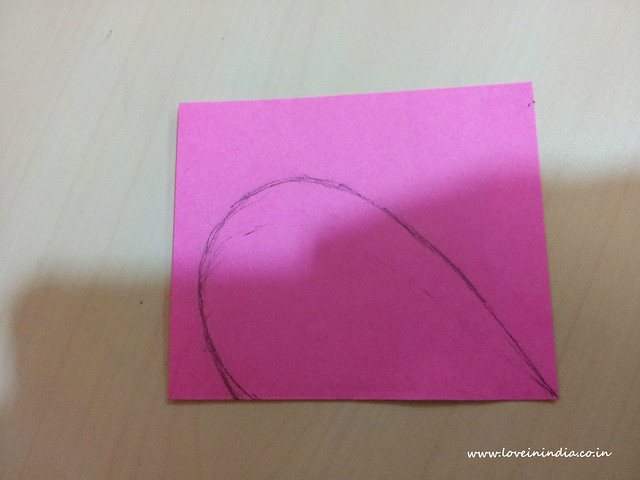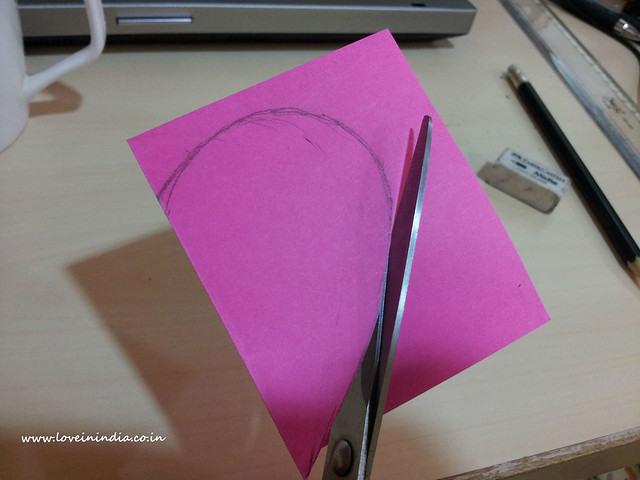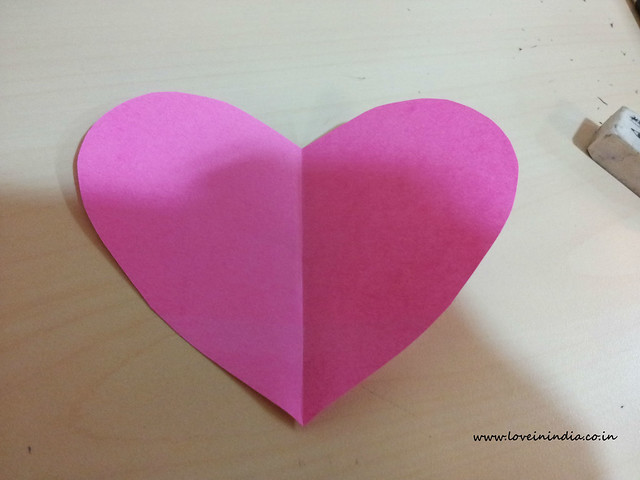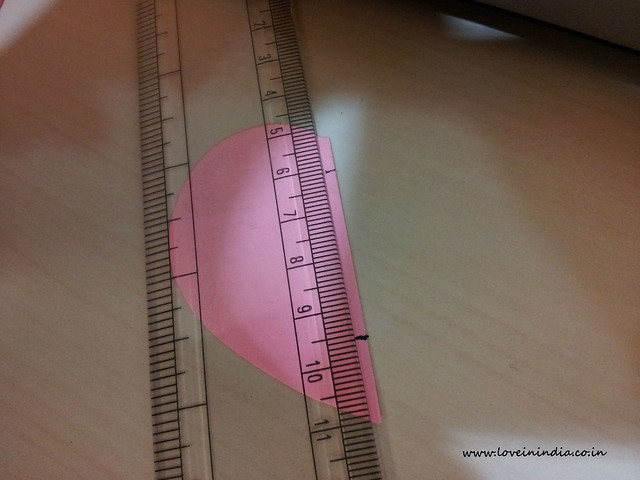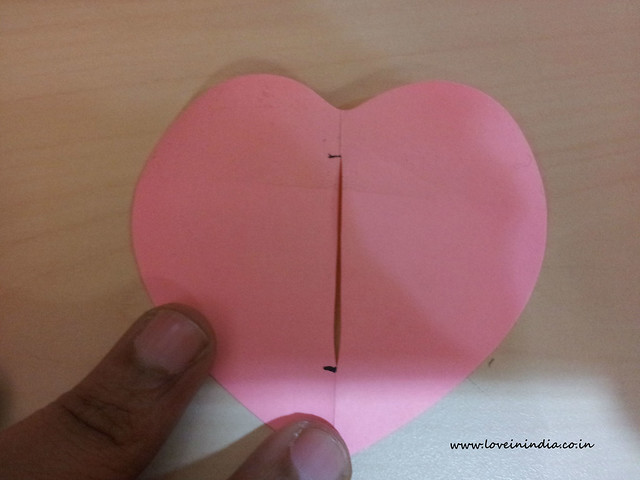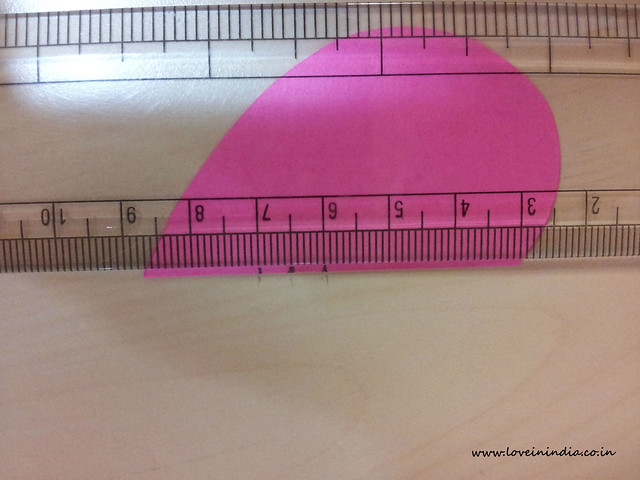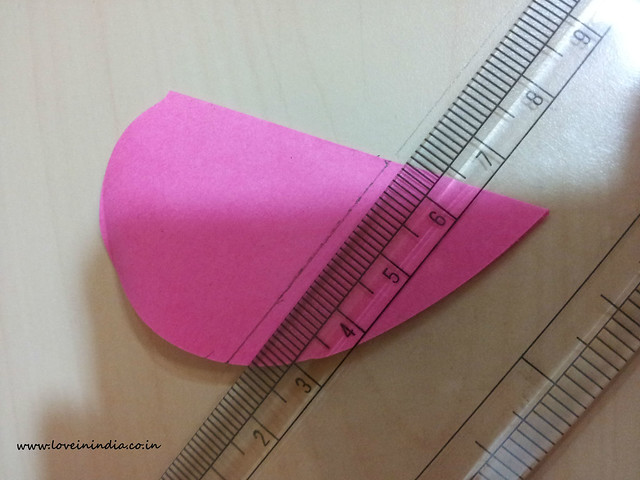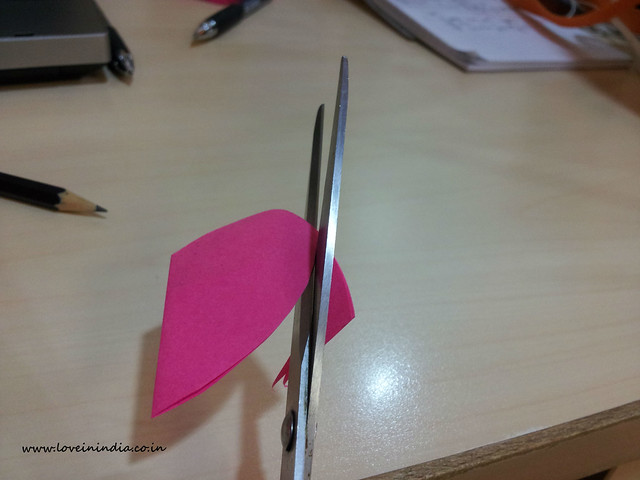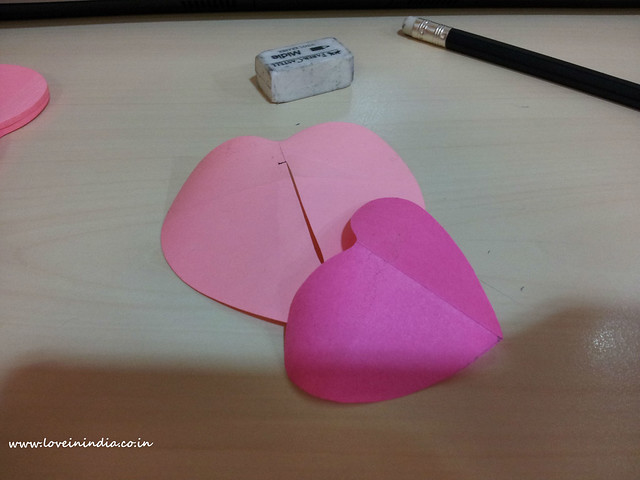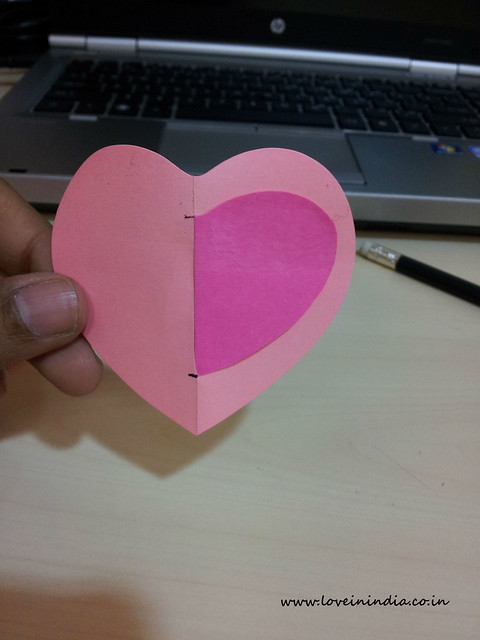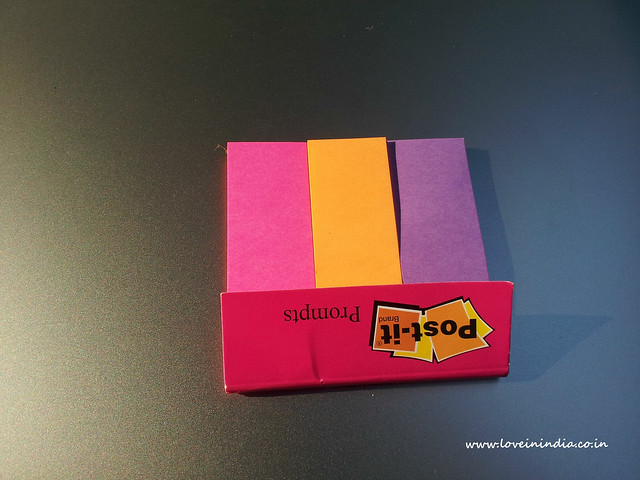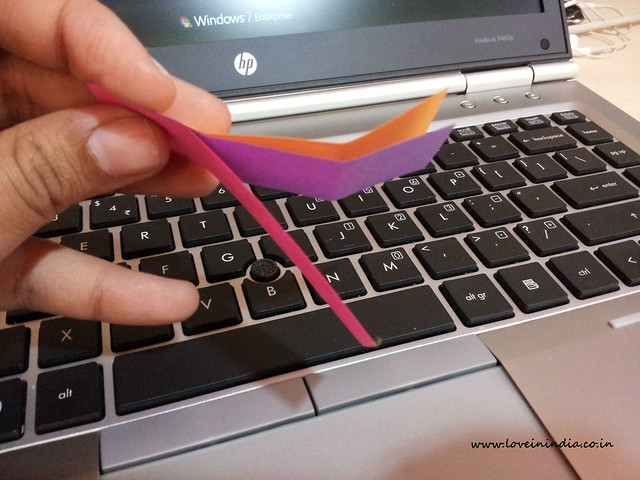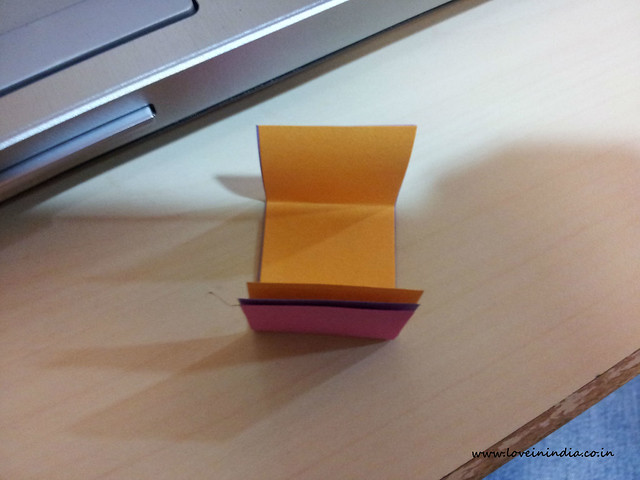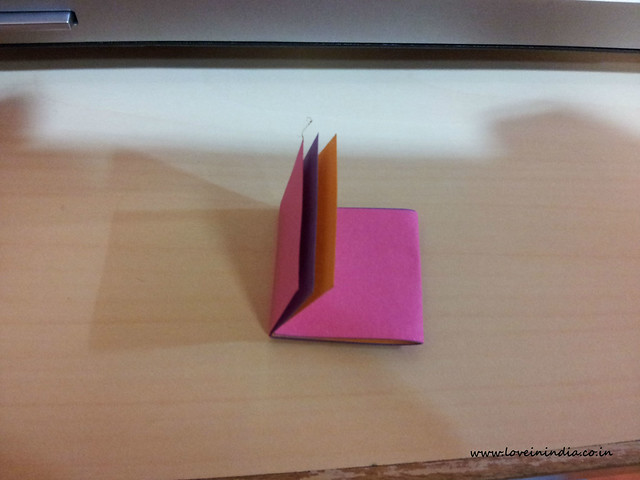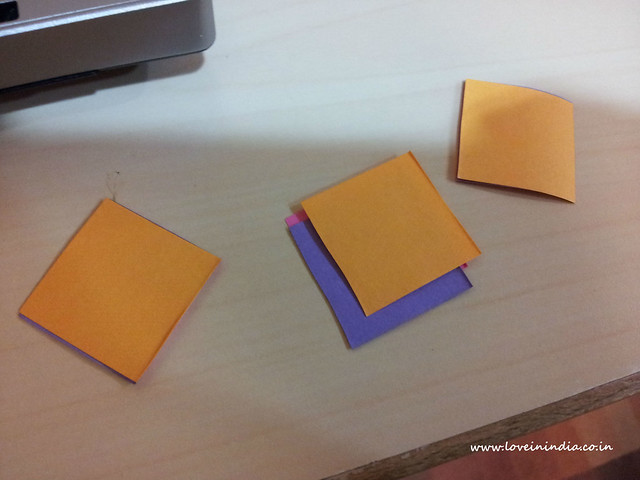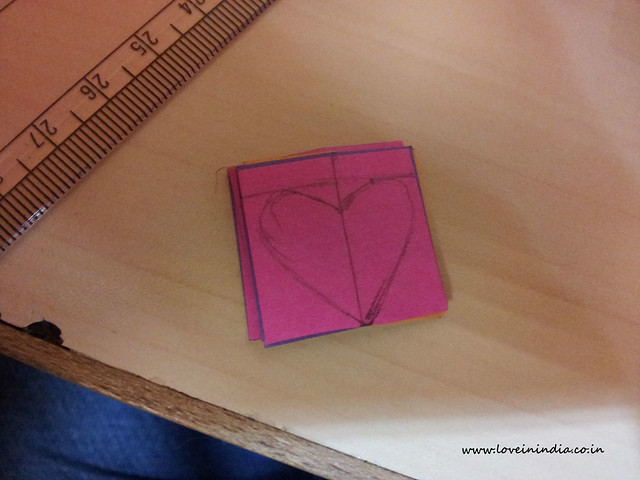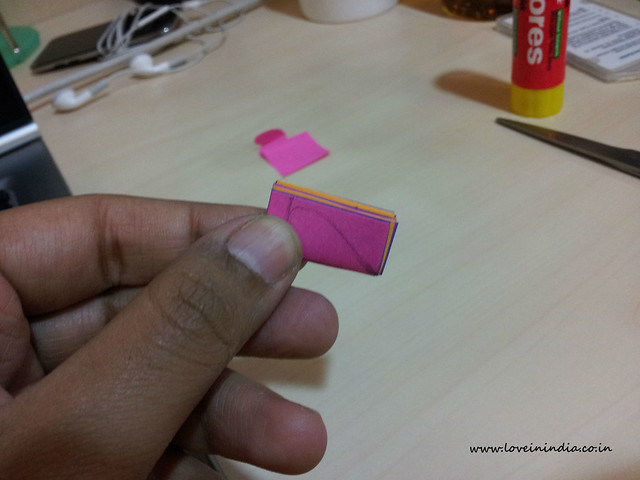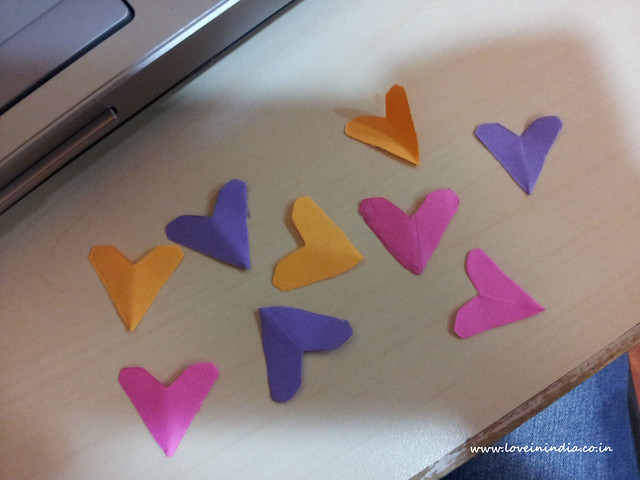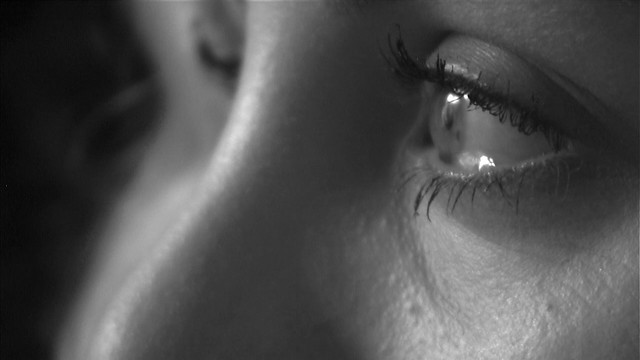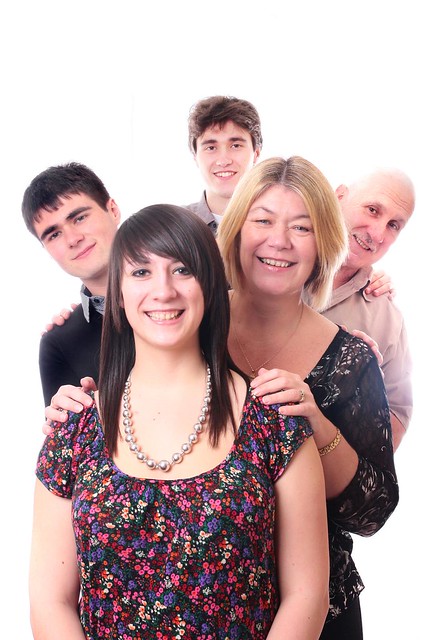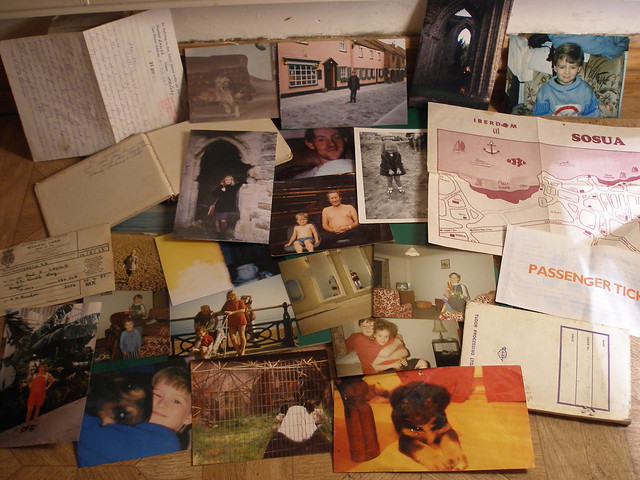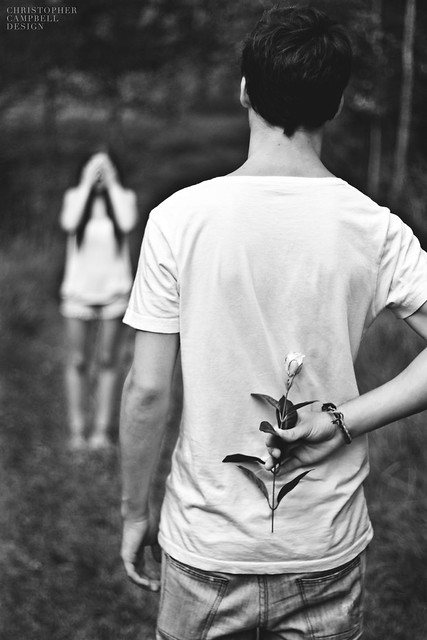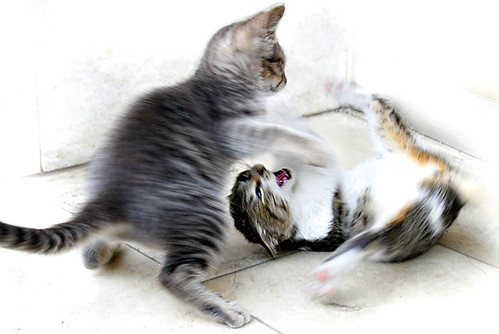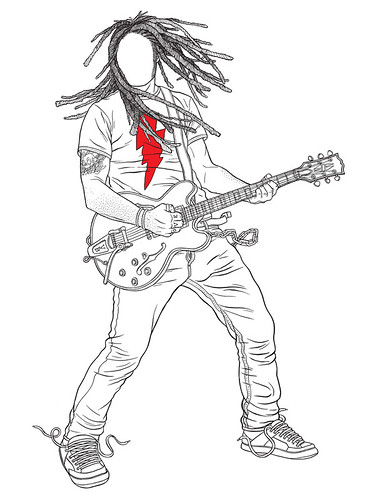I’m giving Saucy Saturday a miss this Saturday because you seem to be more in need of romance than sauce this season.
Some time back I’d written about some unique and creative anniversary ideas. While some of them are quite specific to anniversary celebrations, many of them can be used in any special occasion for a couple. Here are some unique Valentine’s Day ideas for celebrating this special day with your special someone.
- Teach her the “Love Alphabet” through a letter. For each letter of the alphabet, pin down an item which is associated to the two of you and your relationship/marriage. For example, A for Azure – the restaurant we visit most frequently, B for Boston – where we first met, C for Calvin – our dog, etc.
- With a little bit of effort you can convert your Alphabet of Love into a photo book – with a different page for each letter and an image representing the associated object.
- Get more creative. Convert each photo+item page into a flashcard. Put them in a nice box, decorate with roses and your favourite Valentine’s Day card.
- Valentine’s Day is about flowers and Valentine’s Day is about chocolates. How about combining the two in the form of a carefully crafted chocolate bouquet, like this one?
 Photo by josanne70
Photo by josanne70… If you’re running short on time, try a simpler one instead:
- Redo your first date. Visit the same places, eat the same stuff and do the same things. Ours involved a dinner and hopping from sea face to sea face all around the city till 3 in the morning! Isn’t it superbly exciting to relive those crazy moments?
- You get custom couple key chains which you can order in pairs. Go nuts with the design – you can choose everything from your names to your thumb impressions as the key chain dangler.
- Make a scrapbook/photobook/love letter out of all of those tiny romantic thoughts you had about each other at the crush stage, but couldn’t tell each other. Like, “I suddenly started tweeting Lady Gaga lyrics all over just to get your attention, ’cause I knew you liked it.”
- Do you know paper napkins can be folded into cute little envelopes? Make some of these, glue them onto a large piece of art paper, and put the notes you made in the previous steps into these. He/she will just love the cute crafty bit of romance.
- Put your notes in the little envelopes but don’t stick them on to a piece of paper. Create a “Goody basket” with chocolates, framed photos, flowers and those little envelopes with your love inside them. If you have any special gift for her you can hide it in here too.
- Write “I love you” in different languages and fonts and present to her in the form of a love letter. You can also choose from steps #7 – #9 & repeat with these “I love you” messages.
- Write a “50 unique things about you which make me fall in love everyday” letter to her. You can also choose from steps #7 – #9 & repeat with these “unique things about you” messages/notes.
- Do you know “cafuné” in Brazilian Portuguese means “The act of tenderly running your fingers through someone’s hair”? There are many such awesomely romantic words and phrases in other languages which have no English equivalent. Use these creatively in a love letter describing your special feelings for her, or use these as messages/notes in #7 – #9.
- Give her a calendar/photo book with her name written in custom themes in all pages.
- I discovered a great website for creating your custom love poem. You can customize it with her name and favourite gifts and then download it in the shape of a heart like I did. All of this for free!
- If you liked these you can check out the complete list of 50 Original & Unique Anniversary Ideas for Sweeping Your Spouse Completely Off Their Feet, most of which, while meant for wedding anniversary surprises, can be perfect for Valentine’s Day celebrations too.
 Photo by litree
Photo by litree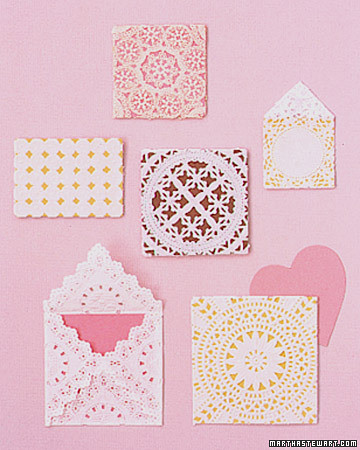 Photo by glitterandgrunge.com
Photo by glitterandgrunge.com